Celebrating kalo
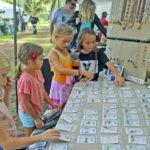
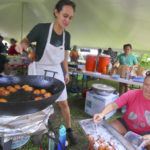
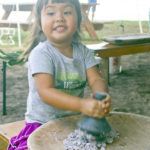
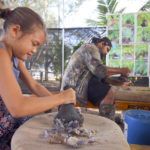
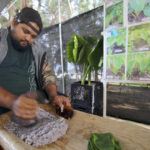
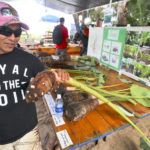
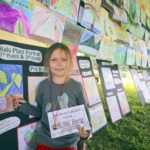
Dennis Fujimoto
The Garden Island
Poliahu Wong, 3, does poi pounding at home, her mother said during Sunday’s Kalo Festival at the Halulu Fishpond in Hanalei.
“She likes the cooked taro,” she said. “But for some reason, she wants to do it here. Maybe it’s because Uncle Noa is doing it.”
Noa Ka‘aumoana went about methodically pounding, scraping and grinding cooked kalo, or taro, into batches of poi inside the educational tent. He stopped to answer questions from the flow of spectators who went through the tent with a lot of questions about poi, poi pounding, kulolo and queries like “Do you use sugar?”
The 8th annual Kalo Festival, benefiting the Waipa Foundation, celebrated kalo with a biggest kalo contest, poi pounding, kalo tastings, and foods inspired by kalo, including a new kalo-sada.
“It had to work,” said Kirstie Daly, who watched the morsels turn golden brown in the wok. “We tried it out and after trying different ways, this is it — a kalo-sada. And you always put sugar on malasada, so kalo-sada is no different.”
The newly developed morsel was among the items being sold in the country store, joining offerings of freshly made poi, taro bread and more.
“This is my first time into the kalo contest,” said Cal Toyofuku. “It’s actually my first harvest since planting kalo. She (Bryna Storch) cleaned the corm so well, I couldn’t recognize it. But it is our first crop.”
Guests to the Waipa Foundation fundraiser cruised through offerings of kalo-related items, including a variety of kalo-based items in the silent auction tent, apparel and food from vendors set up on the banks of Halulu Fishpond. They strolled through the ironwood trees under the canopy of live music.
Hi‘ilei Berg, a kindergartner at Kawaikini Public Charter School, came out with her parents, Jordan and Devi Berg, to view her winning piece in the Pre-K, K, Grades 1, 2 division.
“This is the leaf,” Hi‘ilei Berg said, pointing out the various parts of her kalo rendering. “This is the stem, and this is the part you eat. It wasn’t that hard to make.”
Waipa is a living learning center focused on taking care of our natural resources, practicing Hawaiian culture and values, and inspiring healthy keiki and community.

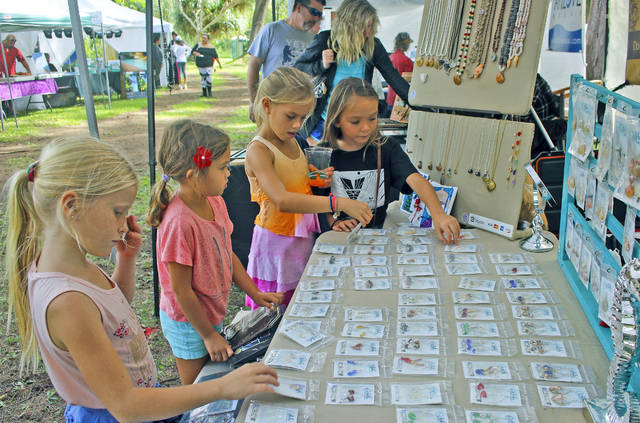
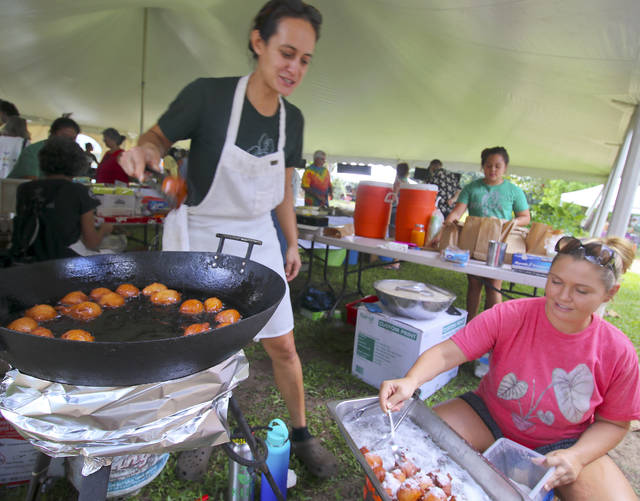
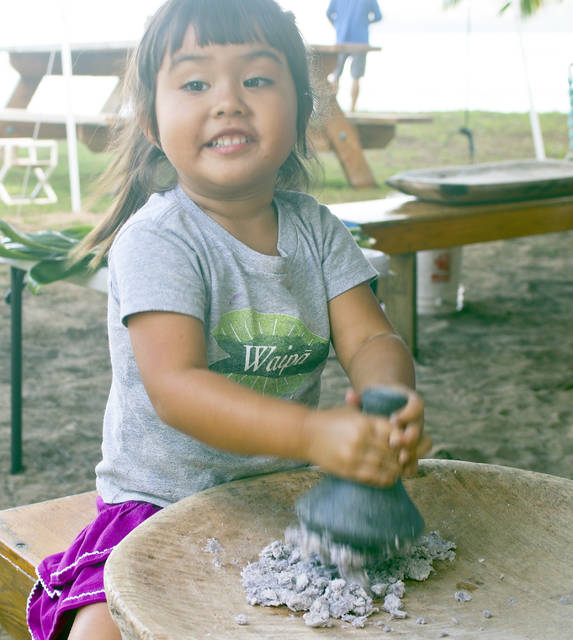
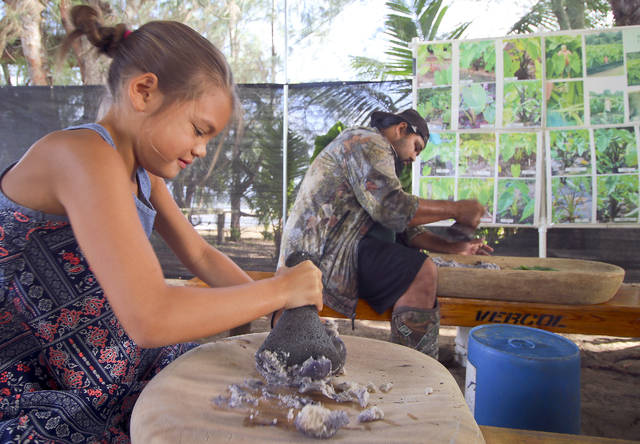
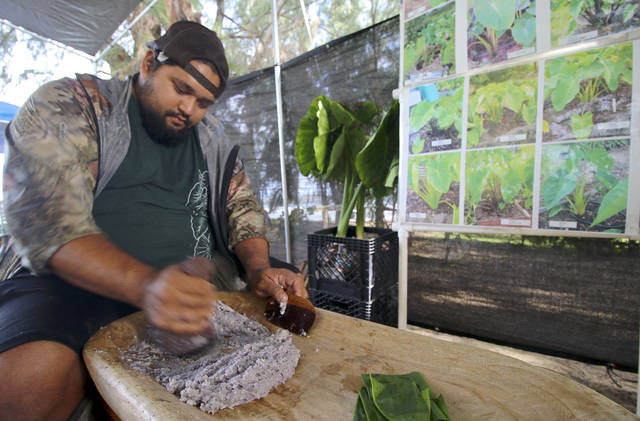
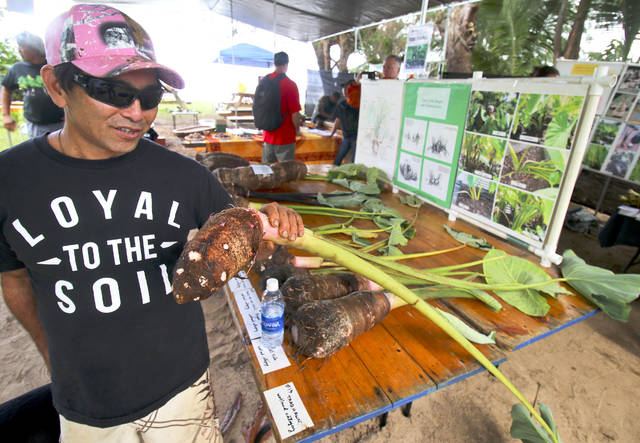
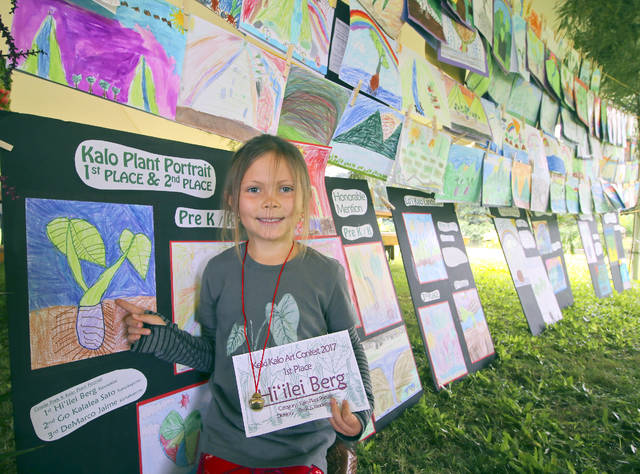
From my experience,Waipa does not practice what they preach. Practicing Hawaiian values? Inspiring healthy community? I guess community means “me “. Empowering native Hawaiians? AUWE